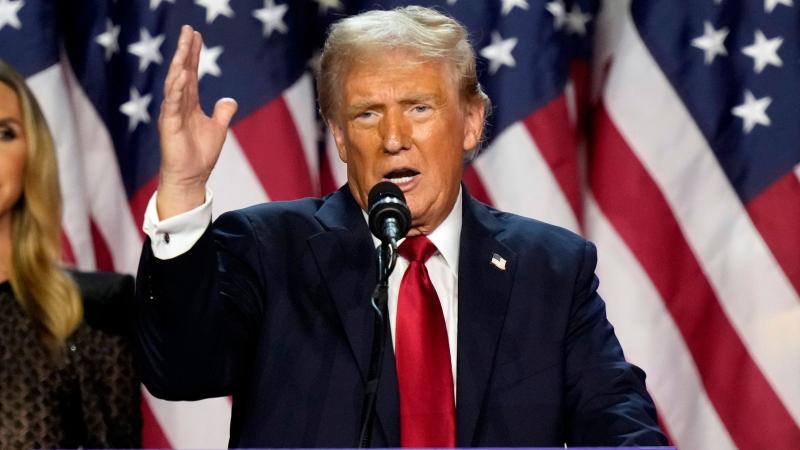
- galaxy
- 13 Nov 2024 01:45 AM
- Donald Trump, China foreign policy, Marco Rubio
Donald Trump’s presidential appointments of Marco Rubio and Mike Waltz mark a decisive shift in U.S. foreign policy, particularly in relation to China. Rubio, tapped as Secretary of State, and Waltz, named National Security Advisor, represent a hawkish approach to international relations, one that sharply contrasts with the more diplomatic tone seen under the Biden administration.
Rubio has long warned that the Chinese Communist Party represents an existential threat to the United States, describing China’s ambitions as not merely seeking global power, but aiming to “reorient the world” in its image. This echoes a broader, more aggressive strategy that Rubio and Waltz advocate—one that prioritizes confronting China head-on, particularly in the realm of competition over global influence, economic dominance, and strategic alliances.
In contrast, the Biden administration has taken a more tempered approach, focusing on competition with China without escalating tensions to the level of confrontation. Under Biden, the U.S. has emphasized dialogue, even while ramping up sanctions and limiting China’s access to critical technologies. However, the Trump administration's appointments signal a potential departure from this policy of engagement, moving toward more forceful measures against Chinese influence.
Despite their hardline positions, Rubio and Waltz are aligned with Trump’s globalist vision, emphasizing U.S. leadership and military power. Rubio, in particular, has been noted for his support of international causes, from development aid to Africa to combating HIV/AIDS. This marks a key distinction between Rubio and Trump’s more transactional approach, though Rubio himself remains a staunch critic of autocrats, including Russian President Vladimir Putin.
However, Trump’s focus has historically been on dealmaking, with an eye on cutting better deals than those made by previous administrations, including the Biden administration. Whether in negotiations with China, Iran, or Israel, Trump is expected to push for agreements that he believes will benefit the U.S. and enhance his legacy.
The new appointments highlight the ideological divide within the Republican Party—internationalists like Rubio, who believe in proactive U.S. leadership, versus isolationists who want to pull back from global engagement. Rubio, described as the "best pick" for conservative internationalists, has long argued that the U.S. should lead from the front, not retreat into isolationism.
While the Rubio-Waltz appointments signal a more assertive U.S. foreign policy, the ultimate question remains whether Trump will prioritize strategic dealmaking—like securing a peace deal between Israel and Saudi Arabia or resolving the Gaza conflict—over the hawkish ideology of his advisors.
Trump's longstanding pattern of churning through advisors in his first term, combined with his desire to “one-up” his predecessors, suggests that while these appointments may signal his intent to adopt a tougher global stance, his focus will ultimately be on achieving tangible deals that reflect his vision of U.S. leadership.






































